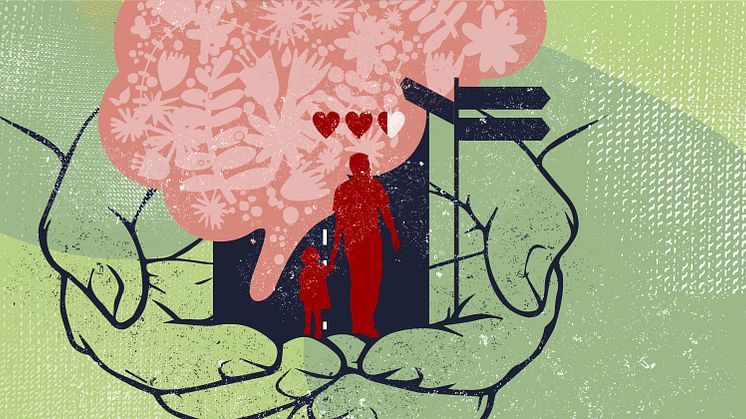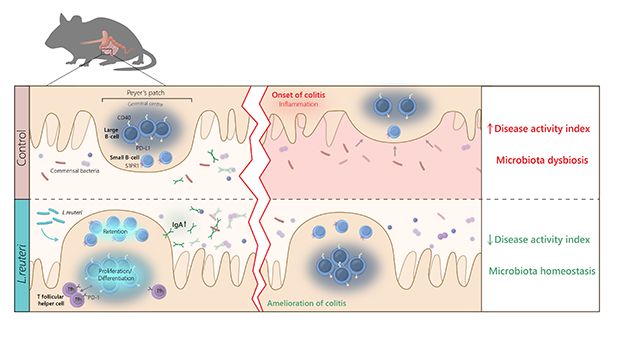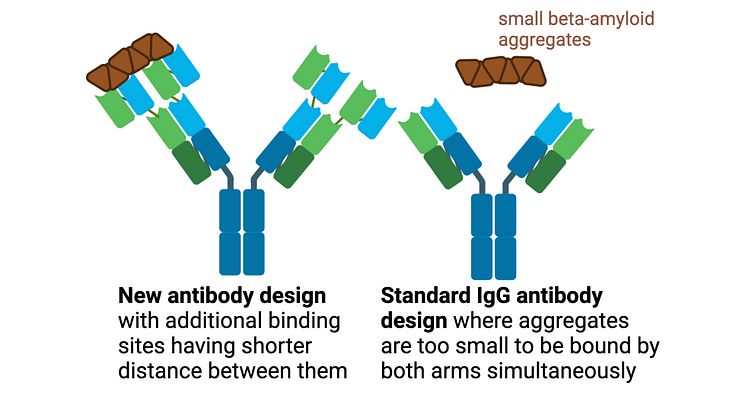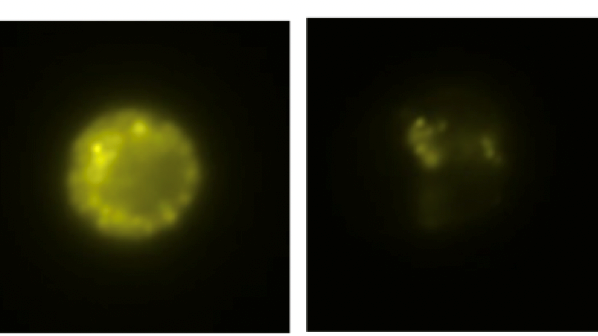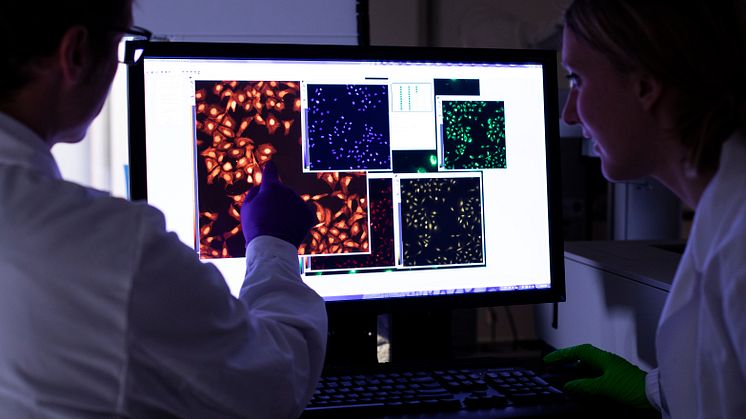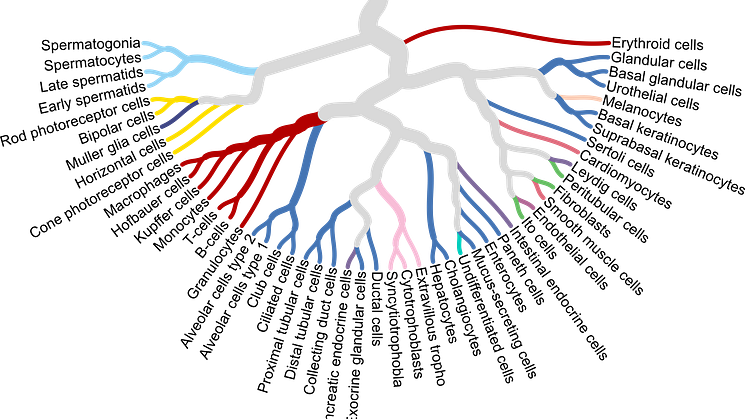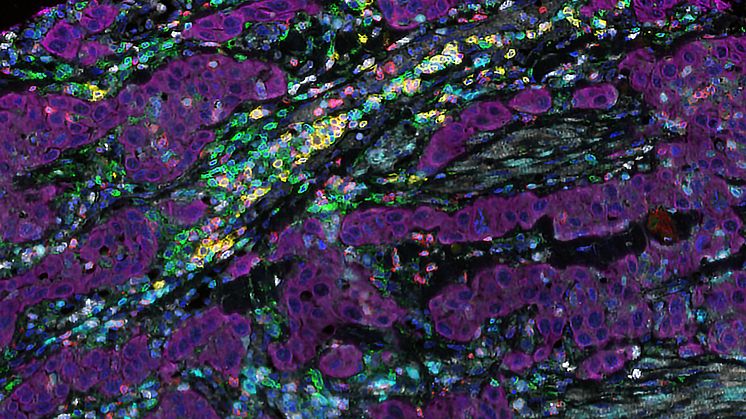Subgroups of glioblastoma associated with disease prognosis
Researchers at Uppsala University have detected different subgroups of the brain tumour form glioblastoma, where the cancer cells’ properties depend on which cell type they originate from. The used analysis method could also separate glioblastoma patients with significant differences in survival. The findings open up for identifying specific therapeutic targets for the new subgroups of glioblastom

